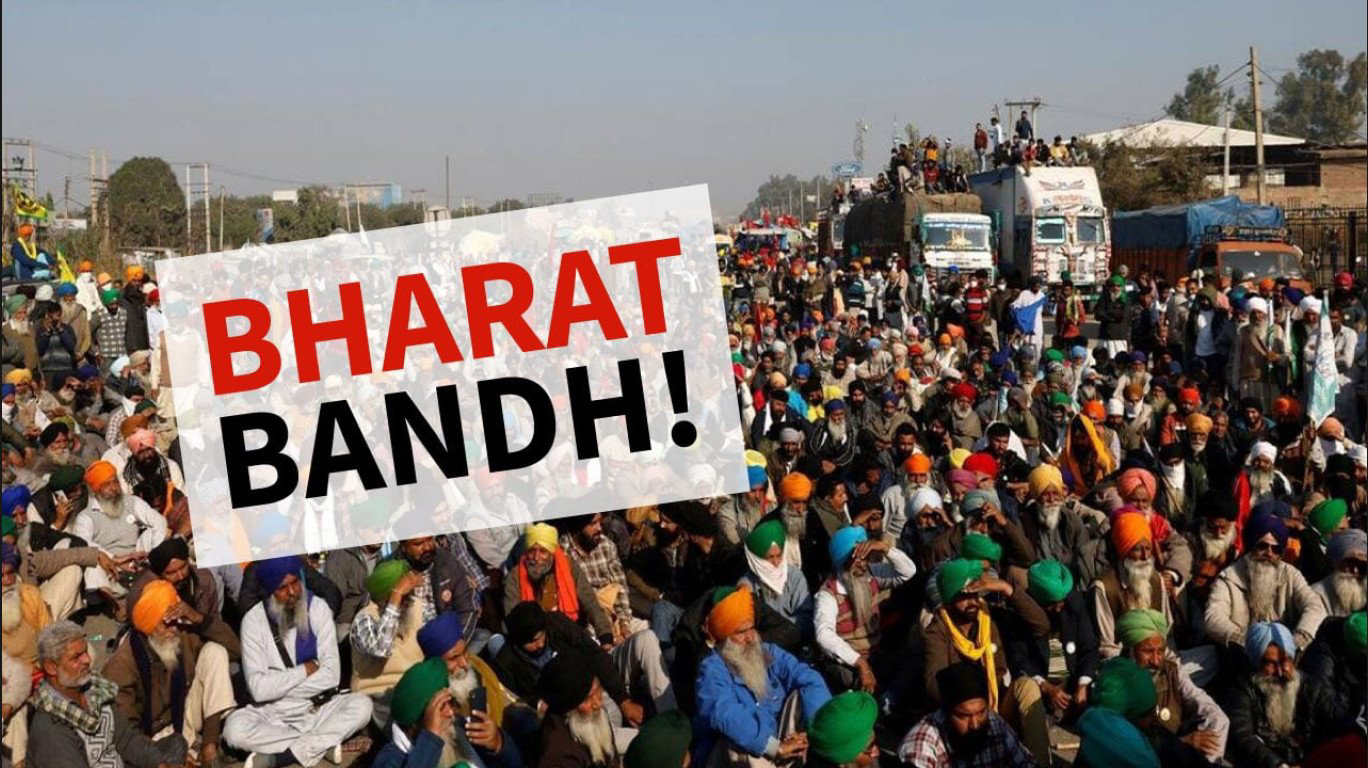The roots of Bharat Bandh can be traced back to India's historical struggle for independence, where mass strikes and protests played a crucial role in mobilizing public opinion against colonial rule. Over the years, the concept has evolved into a tool for expressing discontent with government policies and advocating for the rights and interests of different sections of society.
One of the recurring triggers for Bharat Bandh has been opposition to government policies that are perceived as detrimental to the common people. These policies often relate to economic reforms, labor laws, and agricultural practices. For instance, in recent times, the agricultural sector has been a focal point of protests, with farmers expressing concerns about the impact of new farm laws on their livelihoods. The demands include fair prices, protection from exploitation by corporate entities, and the preservation of the Minimum Support Price (MSP) system.
The bandh is not limited to economic concerns; it also serves as a platform to address broader social issues. It becomes a collective voice for marginalized sections of society, highlighting issues such as caste-based discrimination, gender inequality, and religious intolerance. The protests aim to draw attention to the need for social justice and equality.
While Bharat Bandh is predominantly a non-violent form of protest, there have been instances of clashes between protesters and law enforcement. Critics argue that the shutdown disrupts normal life and economic activities, affecting businesses and citizens who may not be directly involved in the issues being protested. The success of Bharat Bandh lies in its ability to bring attention to the grievances and influence policy changes.
In conclusion, Bharat Bandh is a powerful expression of dissent and a manifestation of the collective will of the Indian people. It reflects the complexities of the socio-economic and political landscape, showcasing the diverse challenges faced by different sections of society. The sustainability and impact of Bharat Bandh depend on the ability of the organizers to garner widespread support, engage in constructive dialogue, and influence positive changes that address the concerns of the broader population.






No comments:
Post a Comment